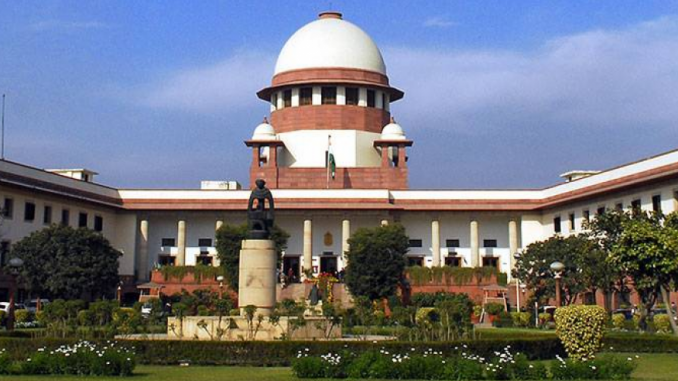
New Delhi: The daylong “open hearing and camp sitting” organised by the National Human Rights Commission (NHRC) to deal with human rights cases related to Arunachal Pradesh, which concluded in Itanagar on Friday, came out with solutions to as many as 57 cases.
The commission considered 57 matters in three bench sittings. The hearing was chaired by NHRC chairperson and former Chief Justice H.L. Dattu. The matters considered included atrocities on Scheduled Castes and Scheduled Tribes by Chakma and Hajong people, healthcare, dilapidated roads and non-implementation of the Right to Education Act, lack of basic amenities for villagers at the Sino-Indian border, increase in suicides and lack of mental healthcare.
Issues related to scarcity of drinking water in Debing village in East Siang district, condition of jails including overcrowding, healthcare and denial of facilities and implementation of central government flagship programmes were also addressed.
The commission recommended monetary relief of Rs 14.4 lakh in two cases of prima-facie violation of human rights and in one case of death in police custody. In three cases, notices were issued to the state government to showcause why monetary relief of Rs 4.5 lakh may not be recommended for payment. Four cases were closed upon receipt of the reports and in other cases, either more time was allowed for submission of reports or those submitted taken on record for further consideration/examination.
The commission expressed concern over the delay in submission of various reports, particularly for matters pertaining to deaths in custody.
According to the commission, the state assured that it would direct the authorities to submit districtwise details of implementation of the Right to Education Act and issue circulars to the authorities, including private schools, for such implementation.
The three single bench sittings were presided over by NHRC chairperson, Justice (retd) H.L. Dattu, members, Justice (retd) P.C. Ghose and Justice (retd) D. Murugesan. The hearings were followed by an interaction with the NGOs and human rights defenders, who raised many important issues including lack of basic infrastructure facilities in remote districts, water crisis in Damang district, improper implementation of the PDS scheme, lack of Internet facility and the absence of specialists for proper healthcare. Rights of indigenous people, non-supply of nutritious food at village-level through Anganwadi centres and lack of toilets were also discussed.
The issue of heavy bombing by Indian Air Force in Kamle district adversely affecting public life, pollution and education of children was also discussed.
Source: The Telegraph India

Leave a Reply